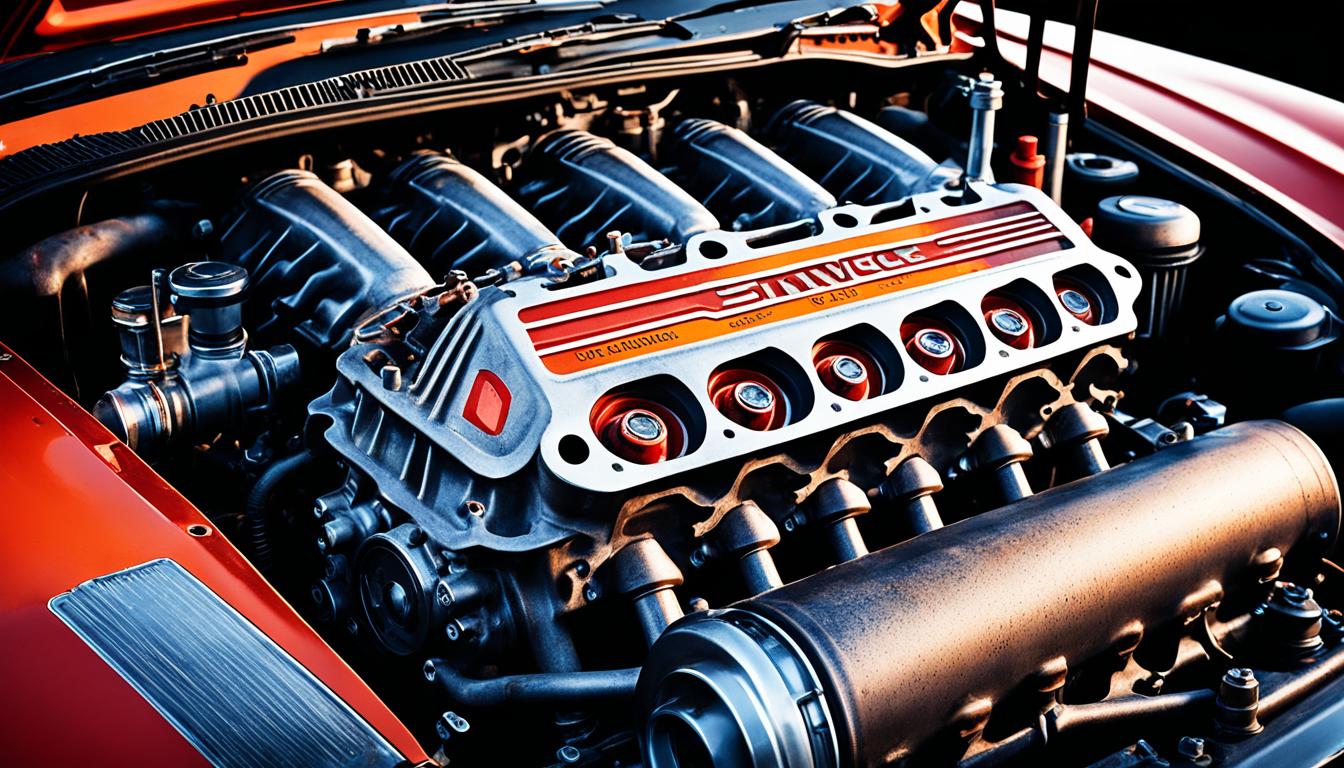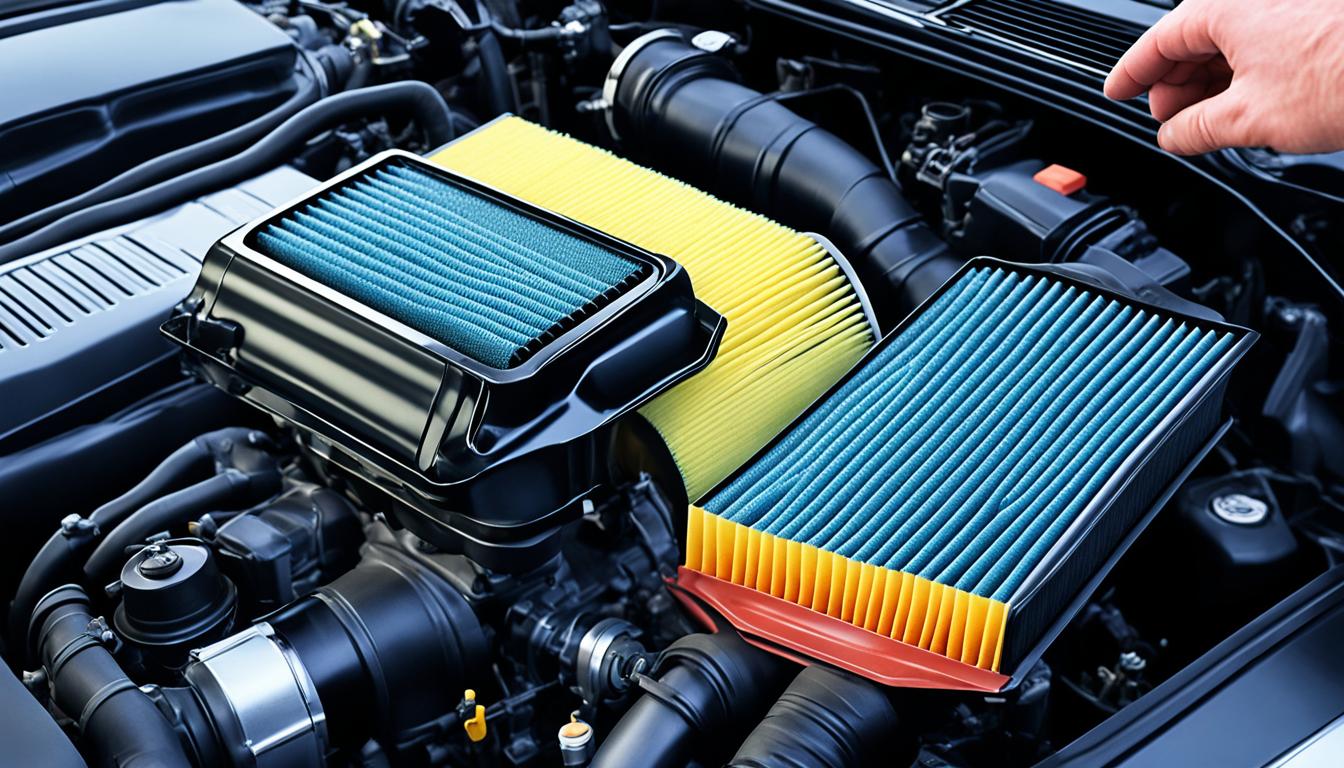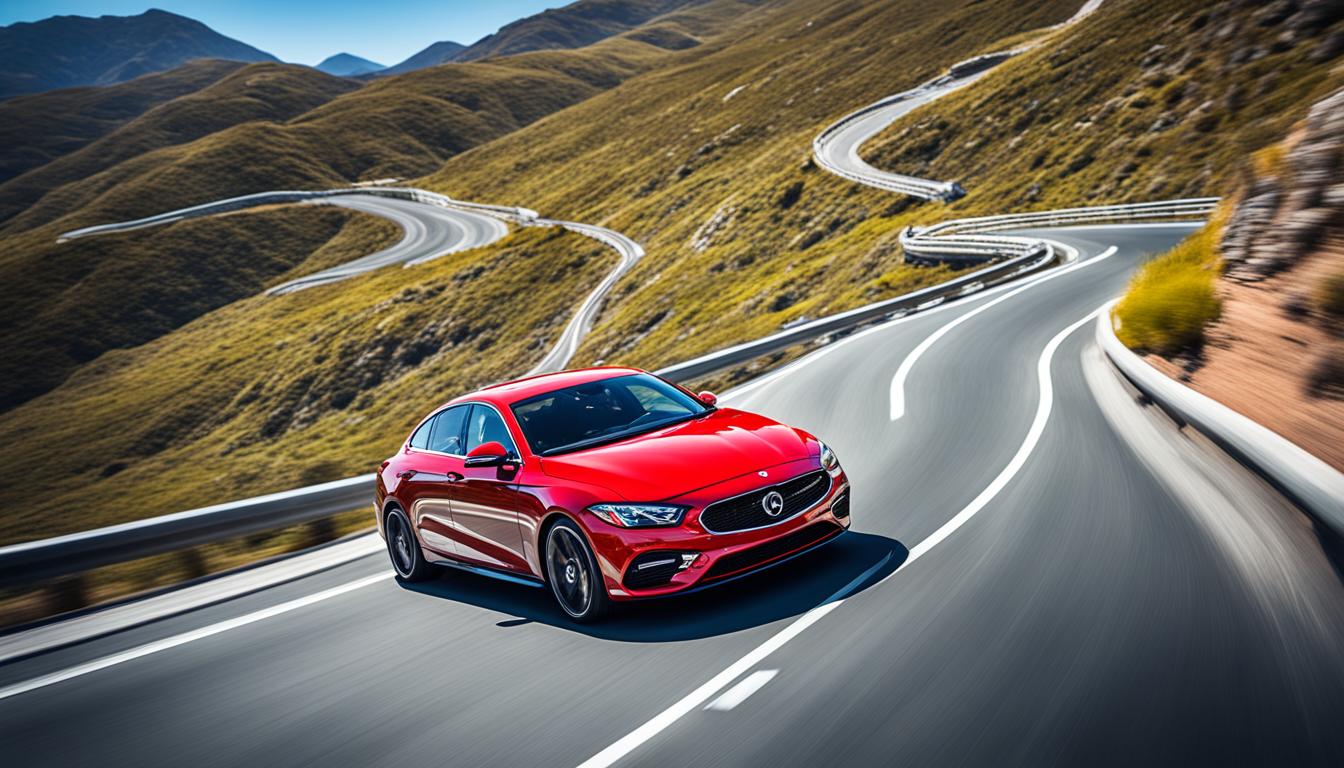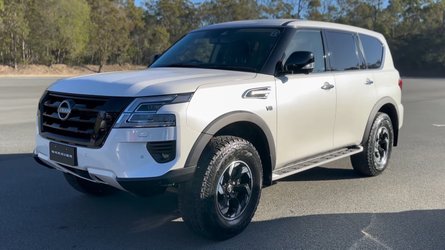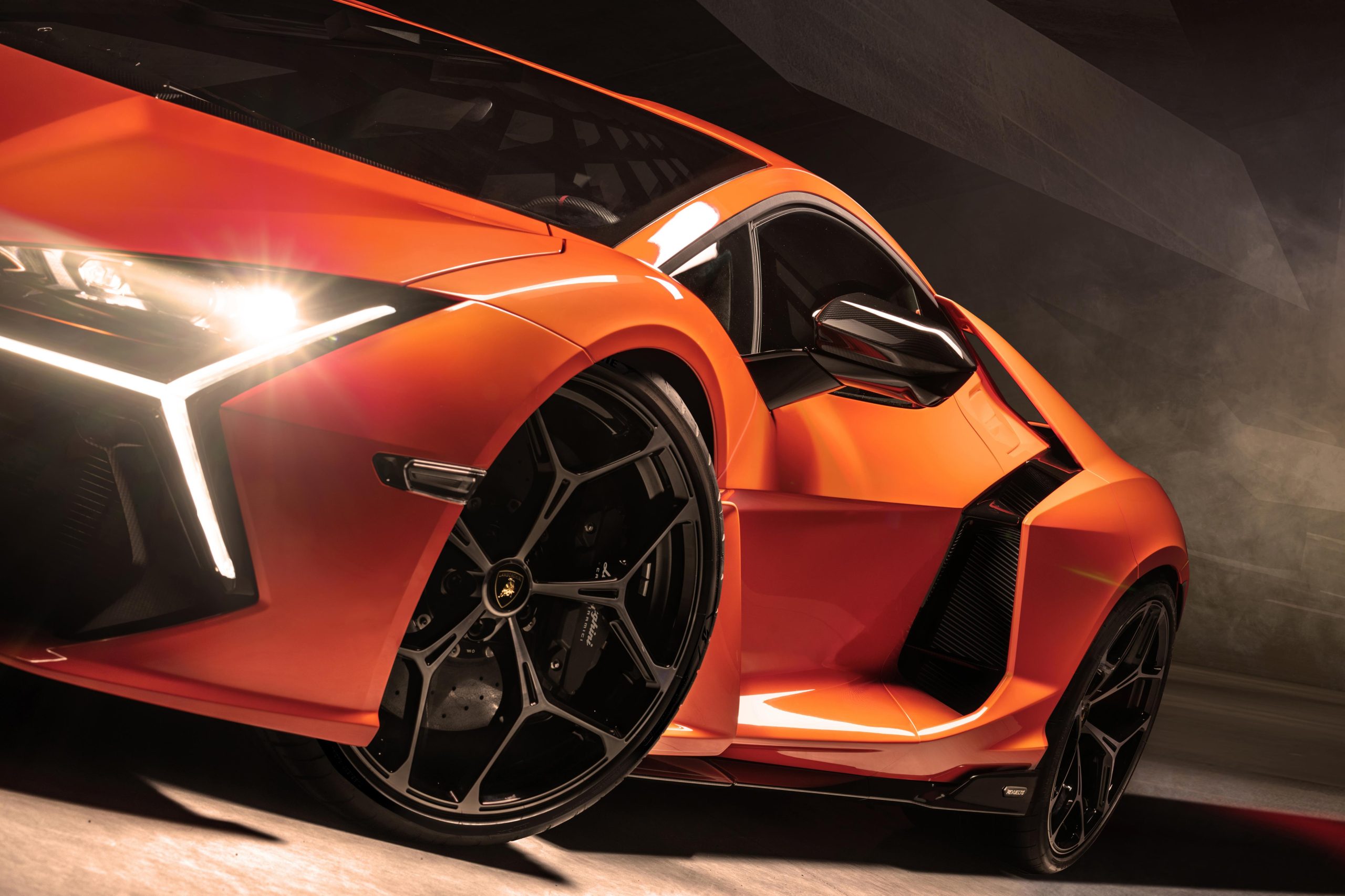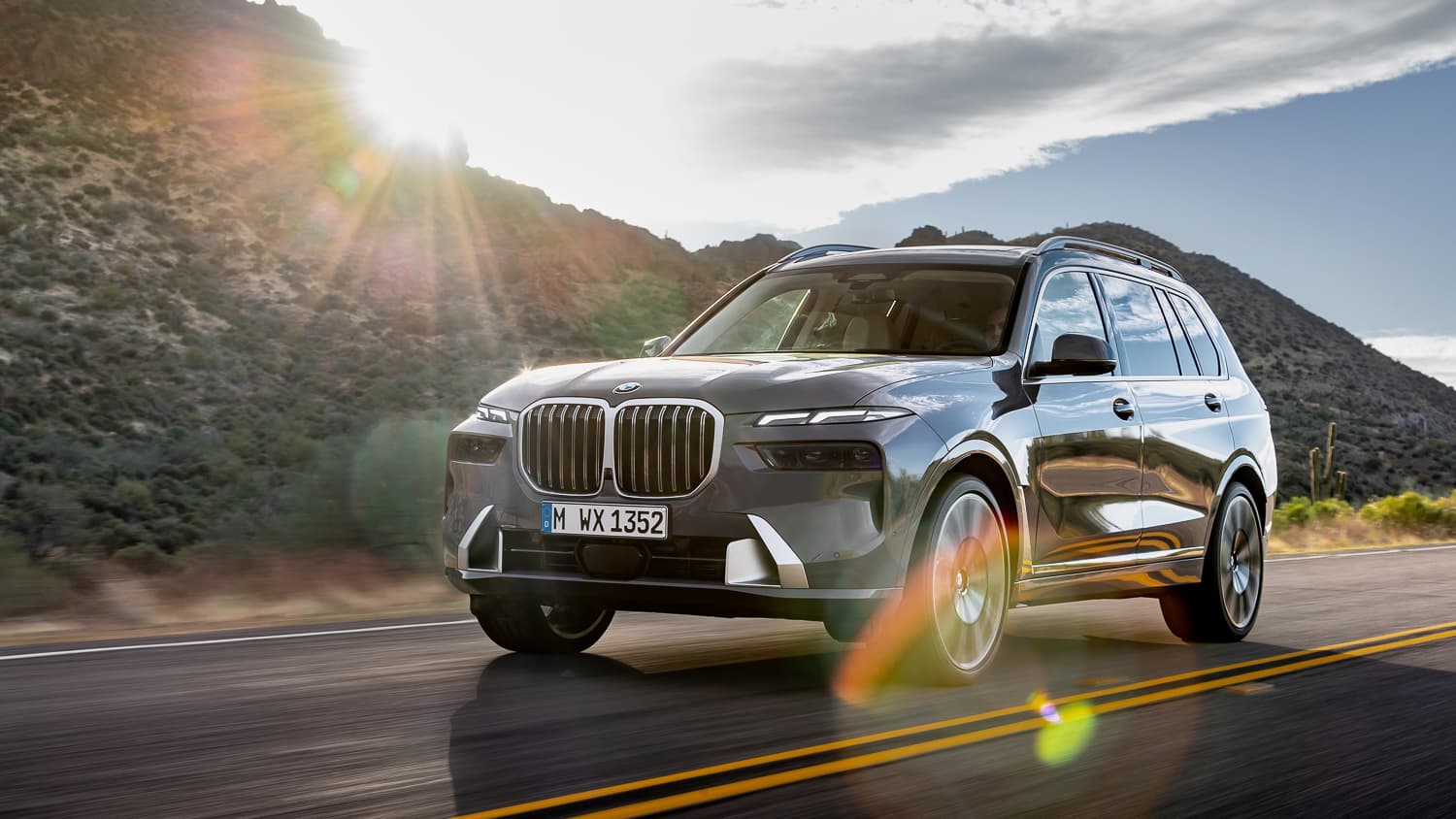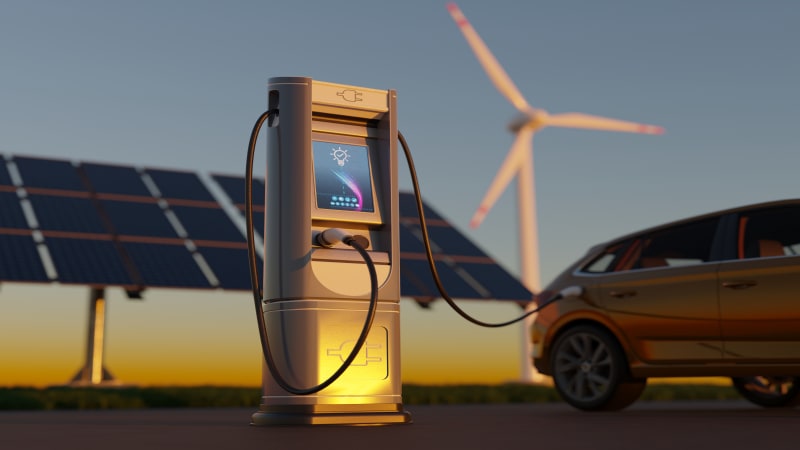Europe’s influx of affordable Chinese electric cars causes political flashpoint
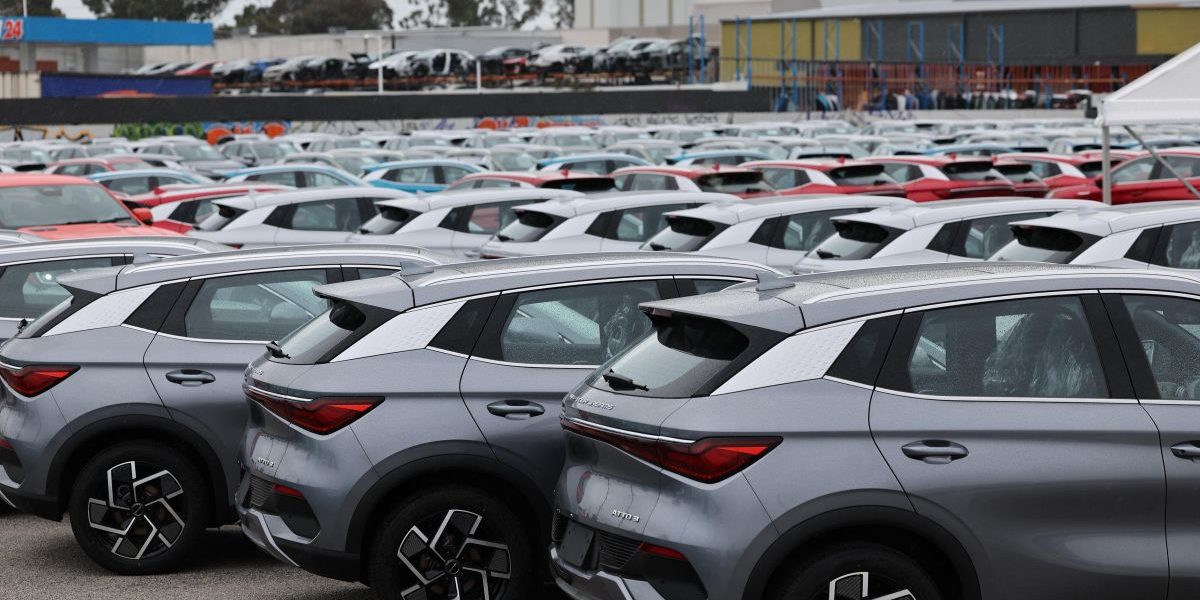
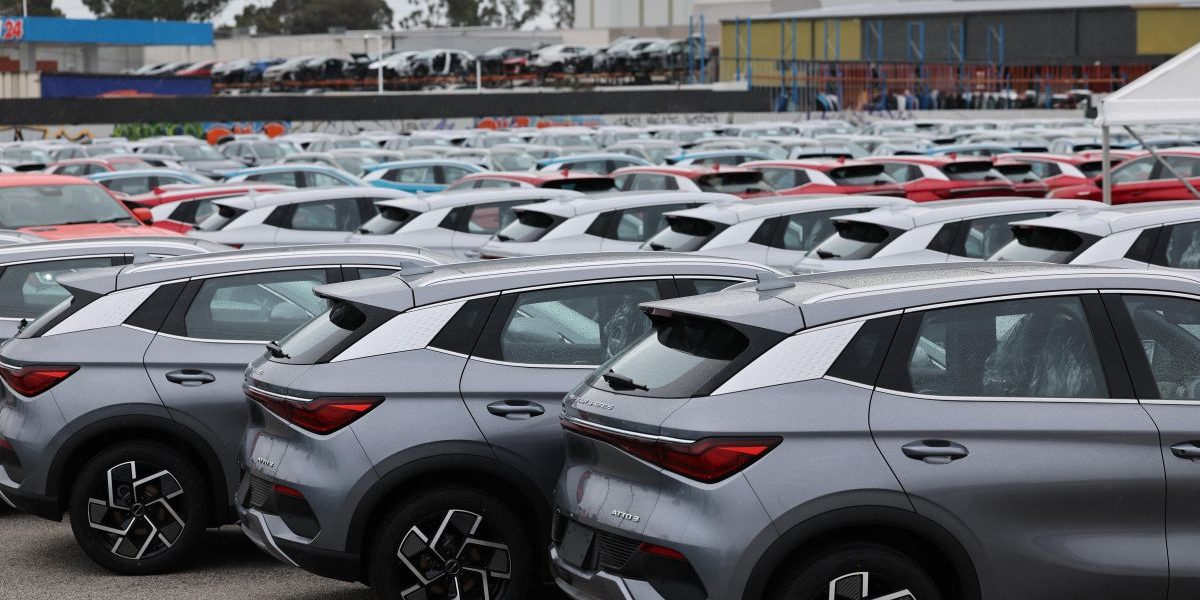
Even more so than Australia, the European market has seen an influx of electric cars from China – and the European Commission wants to do something about it.
The President of the executive branch of the European Union, Ursula von der Leyen, has announced the launch of an anti-subsidy investigation.
“Global markets are now flooded with cheaper Chinese electric cars. And their price is kept artificially low by huge state subsidies,” said President von der Leyen in her annual speech to the European Parliament on Wednesday.
“This is distorting our market. And as we do not accept this from the inside, we do not accept this from the outside.
“So I can announce today that the Commission is launching an anti-subsidy investigation into electric vehicles coming from China.
“Europe is open for competition. Not for a race to the bottom. We must defend ourselves against unfair practices.”
The President called for “open lines of communication and dialogue with China” and said she wanted to “de-risk, not decouple”.
Nevertheless, the Chinese government has already responded, releasing a statement criticising the probe.
“[The investigation] is a naked protectionist act that will seriously disrupt and distort the global automotive industry and supply chain, including the EU, and will have a negative impact on China-EU economic and trade relations,” China’s Ministry of Commerce said in a statement.
“China will pay close attention to the EU’s protectionist tendencies and follow-up actions, and firmly safeguard the legitimate rights and interests of Chinese companies.”
The secretary general of the China Passenger Car Association, Cui Dongshu, said the price of Chinese-made cars exported to Europe is generally almost double what they sell for in China.
The organisation says EV exports are booming not because of subsidies from the Chinese government, but because of a highly competitive supply chain.
But EU officials believe Chinese brands are undercutting European-built EVs by around 20 per cent in the European market.
The European Commission said China’s share of the EV market in Europe has risen to 8 per cent and could reach 15 percent in 2025.
The annual China-EU summit is taking place later this year, and there should certainly be some lively discussion on electric car pricing.
The probe was reportedly initiated by the European commission, and not from a specific industry complaint – even though figures like Stellantis CEO Carlos Tavares have been vocal about the threat posed by Chinese brands.
Bloomberg reports the probe could take up to nine months and lead to tariffs close to the 27.5 per cent level imposed on Chinese EVs by the U.S.
Hefty tariffs in the U.S. have kept Chinese brands away from one of the world’s largest new car markets, with only a handful of Chinese-made models offered there – and major players like SAIC Motor, owner of MG, not entering the market.
In contrast, MG is the best-selling Chinese brand in Europe. In the first half of 2023, it outsold brands like Cupra, Mazda and Jeep according to data from JATO Dynamics.
The new, affordable MG 4 electric hatchback helped it to boost volumes by 128 per cent compared with the first half of 2022.
BYD is also expanding rapidly, while other brands like Nio, HiPhi, Hongqi, XPeng and GWM’s Ora have entered the EV market there, with Leapmotor and Geely’s Zeekr also announcing launches.
Industry analysts have speculated the probe could stop additional Chinese brands from entering the market and for existing brands to slow their expansion, which would be a boon for European brands were it not for the potential threat of countermeasures from China.
That has the potential to rattle major European automakers like the Volkswagen Group, which have a significant presence in the Chinese market. Bloomberg also notes around a third of BMW’s earnings before interest and tax come from China.
President von der Leyen specifically cited the influx of solar companies from China, and warned she didn’t want to see a repeat of this.
“We have not forgotten how China’s unfair trade practices affected our solar industry,” she said.
“Many young businesses were pushed out by heavily subsidised Chinese competitors.”



